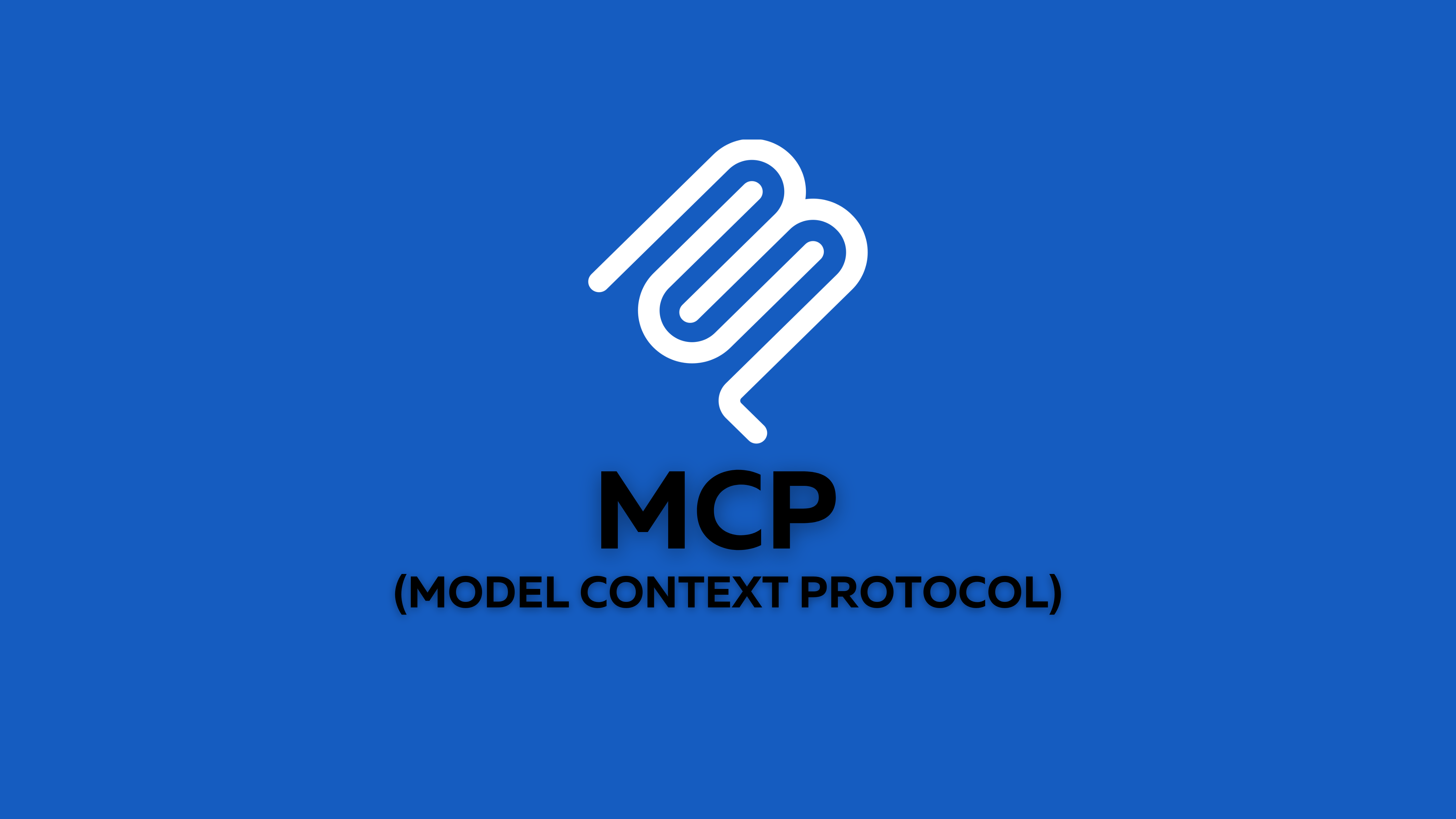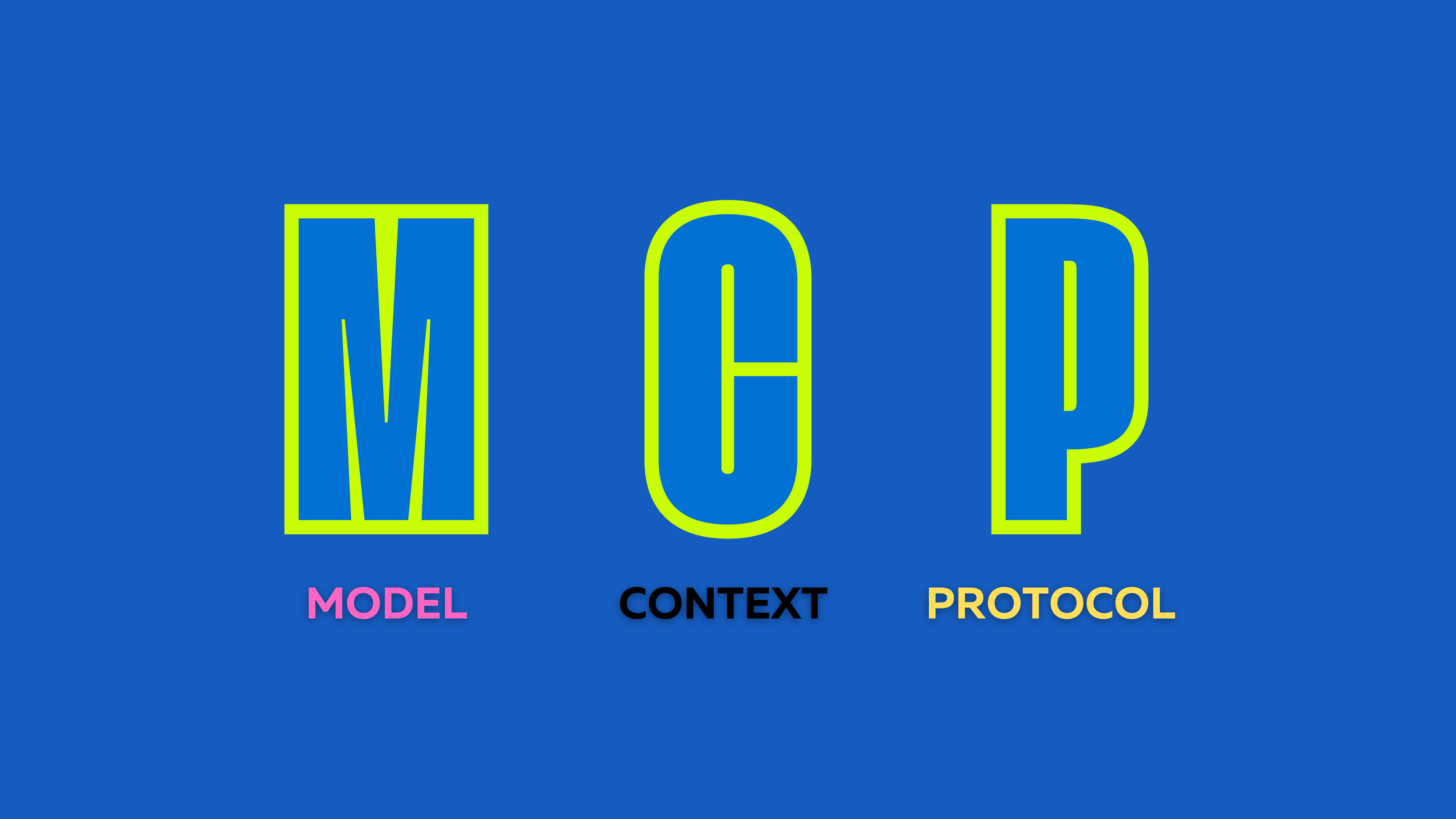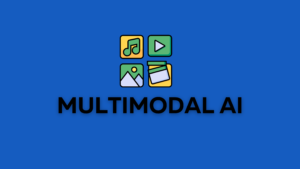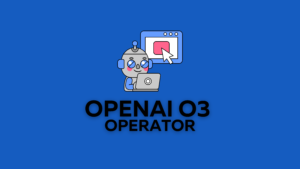
Introduction
In the rapidly evolving world of artificial intelligence, Model Context Protocol (MCP) stands as a critical framework. By making AI systems context-aware, MCP enhances automation, accuracy, and decision-making. This blog explores how MCP empowers AI models, its practical applications, and its role in driving digital transformation.
What is Model Context Protocol (MCP) in AI?
The Model Context Protocol (MCP) is a cutting-edge framework designed to enhance systems’ ability to process and understand contextual data. By embedding context-awareness into models, MCP enables systems to make smarter, more relevant decisions in real-time. This breakthrough is transforming industries, from customer service automation to predictive analytics.

Why Context-Aware AI is Critical for Your Business?
-
Contextual Understanding
Traditional AI models process data without understanding the surrounding context. With MCP, systems can evaluate and incorporate contextual information, making them more adaptable and responsive to dynamic environments. -
Improved Decision-Making
By leveraging context, systems powered by MCP can make informed decisions. Whether it’s automated responses in chatbots or data-driven insights in predictive analytics, the accuracy of AI decisions improves significantly. -
Enhanced User Experience
For businesses offering digital services, AI-driven personalization is key to user satisfaction. MCP ensures that AI interactions are contextually relevant, creating more personalized and seamless experiences for customers. -
Efficient Integration Across Platforms
MCP AI supports the integration of different AI models and platforms, ensuring smooth communication and data exchange. This allows businesses to optimize operations and improve system efficiency.
Applications of Context-Aware AI in Business
-
Customer Service Automation
AI-powered chatbots and virtual assistants integrated with MCP can provide more accurate and context-sensitive responses, leading to better customer support and engagement. -
Predictive Analytics
In data-driven decision-making, MCP enhances predictive models by adding contextual information to historical data. This allows businesses to anticipate trends, customer behavior, and operational issues more effectively. -
Smart IoT Devices
The Internet of Things (IoT) thrives on seamless data exchange between connected devices. MCP enables IoT systems to respond intelligently based on contextual data, optimizing efficiency and reducing manual interventions.
Implementing Context-Aware AI in Your Organization
Step 1: Identify AI Use Cases
Identify key areas in your business that can benefit from context-aware. Whether it’s enhancing customer service, improving predictive analytics, or automating tasks, understanding the use case is crucial for successful implementation.
Step 2: Choose Compatible AI Tools
Select AI tools and platforms that support context-aware processing and integration. Look for frameworks that allow for model orchestration and real-time data processing.
Step 3: Train Your Models with Contextual Data
For successful deployment, ensure your AI models are trained with relevant contextual data. This can include customer interactions, sensor data, or business metrics, depending on the use case.
Step 4: Optimize and Monitor
Once deployed, continuously monitor and optimize the performance of your models. By collecting feedback and analyzing data, you can fine-tune the system to ensure it remains accurate and efficient.
The Future of Context-Aware AI
As AI technology progresses, the capabilities of context-aware systems will continue to expand. With advancements in deep learning, reinforcement learning, and real-time data processing, AI systems will become increasingly intelligent and responsive to real-world scenarios. The integration of MCP will play a crucial role in this evolution, making AI more dynamic and adaptable.
Conclusion
The adoption of context-aware AI powered by frameworks like MCP is revolutionizing industries. Whether you’re looking to improve decision-making, enhance customer experiences, or automate processes, MCP enables systems to be more relevant and effective. By embracing this cutting-edge technology, businesses can unlock new levels of intelligence, efficiency, and innovation.





